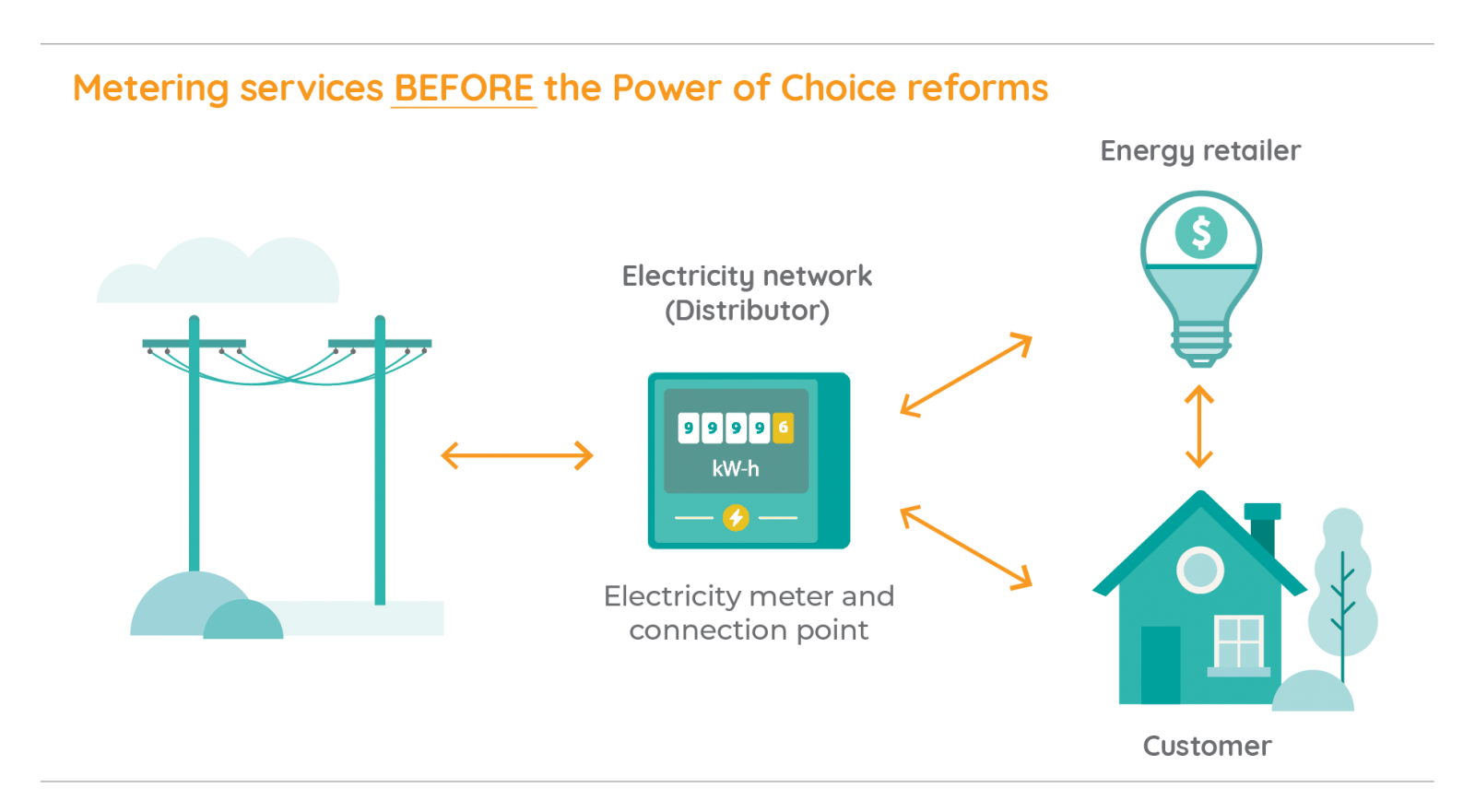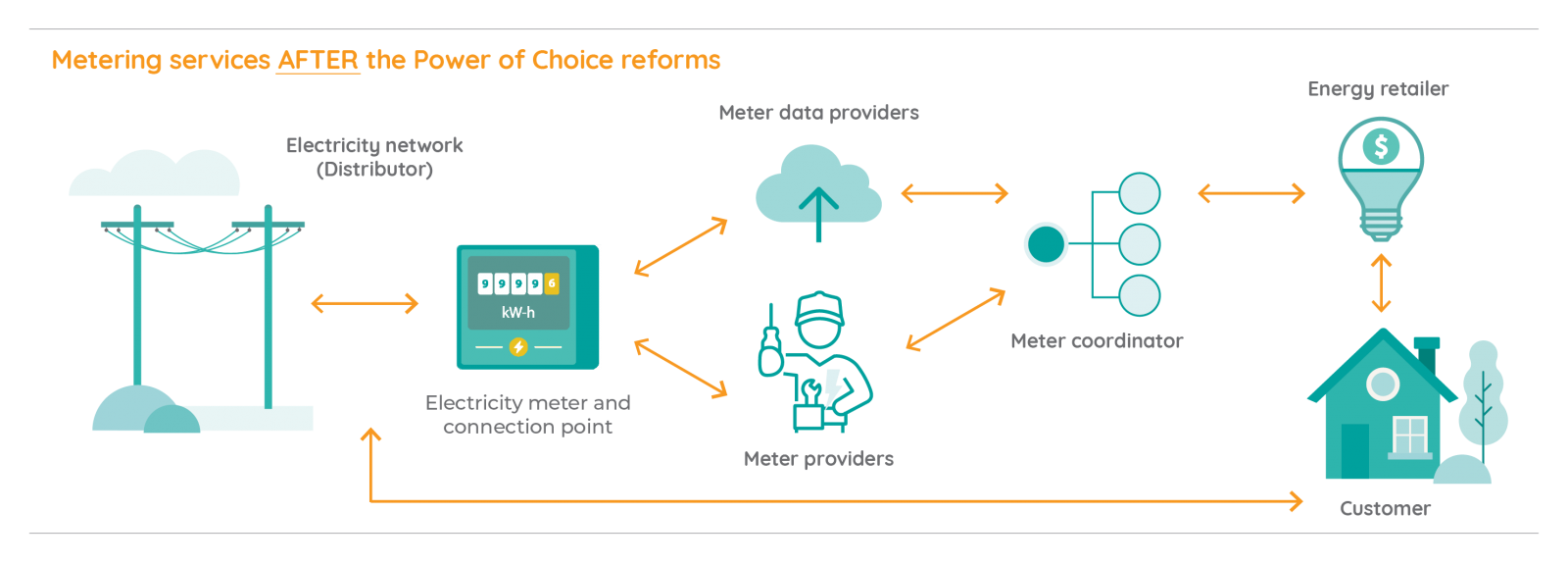MSP causes billing review delay
Mike complained to EWON that his energy retailer had billed him about $6,000 for electricity over 10 months. He contacted his energy retailer to discuss his high bills and was offered a $200 credit to reduce the amount owing.
Mike asked the retailer to review the billing, which was found to be correct and in line with the meter data. However, the retailer’s mobile app showed the customer had consumed 931kWh in one day, which he said would have been impossible.
EWON contacted the energy retailer to request further information. They provided copies of Mike’s bills and the meter data provided by the MSP and said that its billing review was ongoing as it was waiting on the MSP to check the meter data.
Our initial review of the records indicated that Mike’s billing for three months didn’t align with the data provided by the MSP. The retailer had also provided copies of notes showing they had requested a meter investigation or accuracy test, but no action had been taken.
We requested further information to clarify the billing had been appropriately reviewed. Two months later, the retailer still had no response from the MSP to review the original meter data, despite the retailer escalating the matter with the MSP multiple times. The retailer agreed to make a request that the accuracy of the customer’s meter is tested. A month later the MSP had confirmed verbally that the customer’s electricity meter passed an accuracy test, although the retailer was still waiting on the meter test report.
The retailer acknowledged that over a five month period it had failed to obtain adequate information from its MSP to complete a billing review, including:
The retailer offered to resolve the complaint by offering to apply a credit of $754 relating to pay on time discounts the customer missed while the complaint was investigated, and a goodwill credit of $3,075 to his energy account.
Back to Spotlight on report
MSP slows complex complaint resolution
Danny contacted EWON to dispute a $3,502 quarterly electricity bill. He advised that he lives in a two-person household and their routine had not changed so he’d contacted his retailer to request a review of the bill. The retailer agreed and offered a $50 credit towards the account, however the customer’s complaint to EWON was that he had still not received the results of the review of his bill after speaking with the retailer multiple times.
EWON initially referred the matter to a senior team at the retailer. The customer returned to EWON stating that, while the retailer had offered him a 6% discount on the bill ($240), he was not offered any further assistance.
EWON contacted the retailer for additional information. The retailer initially informed EWON that:
The retailer suggested that Danny contact them again to shop for a better energy plan. The retailer also offered a $150 customer service gesture.
Danny declined the retailer’s offer and requested that EWON review the billing. EWON asked the retailer to provide meter data extracted from the customer’s electricity meter for a period of six months. EWON’s review of the data concluded that:
Based on further information from Danny, it appeared there might be cross metering at the installation, which services three separate properties. The energy retailer agreed to request an investigation of potential cross metering and an accuracy test. However, the MSP for the connection point rejected the request, stating that the photograph of the meters taken at the time of installation matched the information on the Market Settlement and Transfer Solutions (MSATS) database. EWON asked the retailer to proceed with the meter investigation anyway, as cross metering cannot be determined by meter labelling alone.
Six weeks after the meter investigation was requested, the energy retailer could not confirm if the meter test was set to progress. Instead, the energy retailer offered to apply a $2,000 credit to the customer’s account to align the bill with the previous year and resolve the complaint. The customer accepted this offer as a resolution to the complaint.
Back to Spotlight on report
Missing solar feed-in credits and delayed bills
Robyn had a smart meter installed but wasn’t receiving the correct solar feed-in tariff credits from her electricity retailer. She said her retailer had also billed her for the old and new meter when the meter was exchanged. She did receive a credit for the error but didn’t get an explanation about why it happened.
Robyn said the energy retailer had promised to place a hold on any outstanding debts during the billing investigation, but she was charged a dishonour fee when a direct debit failed due to insufficient funds.
We initially referred the matter to a senior team at the retailer but Robyn returned to EWON because her complaint wasn’t resolved, despite her attempts get an update from the retailer by phone and email.
EWON requested further information from the retailer that showed:
The complaint was resolved when the customer accepted a $200 credit to her electricity account for the poor customer service she had experienced. The retailer agreed to keep her up to date on the MSPs IT system fix.
Back to Spotlight on report
Delays in the provision of metering services
In 2022, EWON investigated a systemic issue related to a group of customers experiencing significant billing delays.
The systemic issue stemmed from delays in the services of a particular Metering Service Provider (MSP) which impacted multiple energy retailers and customers across NSW, Queensland and South Australia.
Through our investigation, we identified some structural issues with the current metering framework under the National Energy Customer Framework (NECF), including:
-
if there is no commercial arrangement between an energy retailer and the MSP servicing a newly acquired customer, the retailer must agree to the cost of metering services contained in the MSPs churn contract (when an energy retailer acquires a customer that uses a MSP and that retailer does not have a negotiated commercial agreement).
We understand that there is no regulation of the cost of metering services and no regulation of the terms of churn contracts for metering services. As already noted, there is also no contractual relationship between the MSP and the customer that holds the energy account.
In 2015, when the expanding competition in metering and related services rule change was determined, some stakeholders argued that there is a risk that consumers who received an advanced meter would no longer receive competitive offers from alternative retailers, if the alternative retailer believed it will need to churn the meter5.
While the cost of metering services has not impacted the range of energy offers available to customers, the costs may result in unequal outcomes for customers in terms of the timeliness of services and dispute resolution.
For example, the outcome of a billing dispute may depend on how beneficial the contract is between the customer’s retailer and the MSP. A retailer that does not have a beneficial contract with an incumbent MSP, may be more reluctant to pay for meter data checks or meter investigations, and face longer waits to obtain further information or completed service requests.
It is apparent that there is little transparency or accountability for the service provided by MSPs from a customer’s perspective. In 2015, the AEMC did consider the possibility that MSPs may have a degree of market power due to their control over access to a meter at a particular connection point when considering the cost of metering services6.
Complaints to EWON, and the information we have obtained through systemic issue investigations, indicates that metering parties may have more power in market relationships than was originally intended when the Power of Choice framework was introduced. More importantly though, is how this dynamic is potentially resulting in unequal consumer experiences across NSW.
Back to Spotlight On report
Life support customer disconnected by MSP
Damien, a registered life support customer, had his electricity supply disconnected without explanation.
He initially contacted an electrician about the loss of power and the electrician referred him to the local electricity distributor. The distributor attended Damien’s property and then referred him to his energy retailer. The retailer referred him back to discuss the disconnection with the distributor. The distributor’s technician attended Damien’s home for a second time and advised him that he needed to get reconnected through his energy retailer.
EWON contacted the retailer and Damien’s electricity supply was reconnected at approximately 6pm on the same day. The retailer said no service order had been raised and Damien was flagged as a life support customer on the same day the disconnection occurred. The retailer had initially referred Damien to the distributor because there was no service order in their system which made it look like a technical error. After EWON contacted the retailer, it had sent two requests for information to the MSP responsible for Damien’s electricity meter. The retailer had not received any response from the MSP, but advised they would write to Damien when the investigation was complete.
The energy retailer offered to credit Damien’s account with $354 due to the disconnection which was accepted as resolution to the complaint.
EWON opened a systemic issue investigation to request further information from the retailer about the circumstances relating to the disconnection in error. The retailer provided the following information:
We monitored new complaints from this retailer to ensure the systemic issue was resolved. However, as the MSP is not a member of EWON’s dispute resolution scheme a systemic issue investigation could not be conducted to determine if this technical problem had impacted customers of other energy retailers.
Back to Spotlight on report
MSPs IT system limits hot water
Sam asked his energy retailer to change the electricity tariff used for calculating his energy bills. The retailer arranged for the MSP to reconfigure the meter, but at the same time, it reconfigured his controlled load service to heat for a reduced amount of time, which resulted in him having cold showers.
Sam contacted his retailer seven times to report the loss of hot water and requested the controlled load service be restored to its original configuration. Each time he called, the retailer told him to allow the MSP five days to respond. Sam complained that the MSP had not responded to the retailer’s request to correct the meter configuration.
EWON contacted the energy retailer to request further information and they confirmed they had contacted the MSP to advise that Sam’s meter was still configured to the incorrect controlled load service.
The MSP investigated the issue further and identified that the meter configuration had been corrected as advised. The MSP noted that the controlled load service had reverted to the incorrect configuration a month later due to a process that reconciles the MSPs IT system with the Market Settlement and Transfer Solutions (MSATS) database. The energy retailer requested that the MSP investigate this issue to ensure it had not affected any other sites or customers.
The energy retailer offered to provide Sam with a credit of $300 in acknowledgement of the poor customer service they experienced. He accepted this offer as resolution to the complaint.
Back to Spotlight on report

.jpg)



